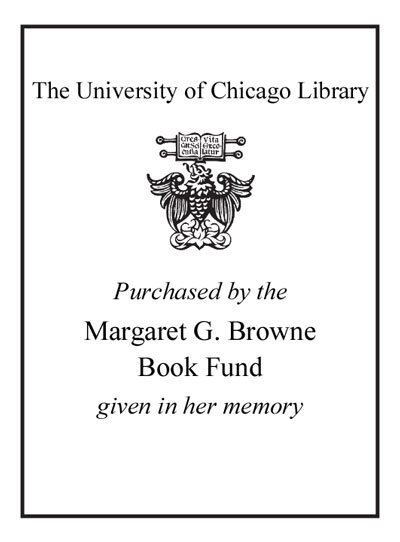Review by Choice Review
This small book, part of the "Palgrave Macmillan Animal Ethics" series, is not a short read, due to the dense and difficult language that Johnson (Univ. of Puget Sound) uses to present her case. The author covers important topics, though certainly not for the first time. Based on Foucault's examination of "truth" (construct based on language), the book explores people's various views of animals. Johnson maintains that animals are viewed as property, yet also beings, focusing on domestic animals and ignoring the wide galaxy of nondomesticated ones. Since truth is filtered through the language of the speaker, a discussion of animals' place in our knowing is "discourse," seen through the discursive view of the presenter. Those in power possess the dominant discourse, and in the past, animals as well as slaves and women were seen from the dominant white male point of view. Yet these views have changed over time, and the author expects this will also be true in the future, resulting in a more reasonable treatment of animals. Of course, but Johnson takes a long time to get to a point that is logical and true, and one that could be presented more easily. Summing Up: Optional. Upper-division undergraduates, graduate students, and researchers/faculty. J. A. Mather University of Lethbridge
Copyright American Library Association, used with permission.
Review by Choice Review

